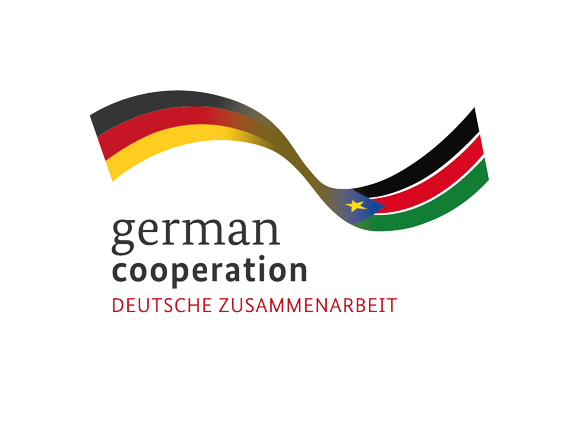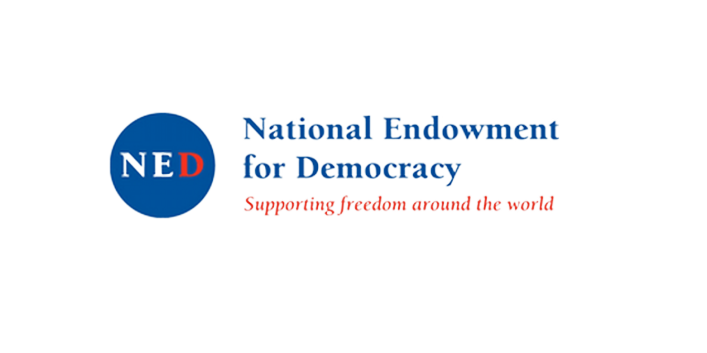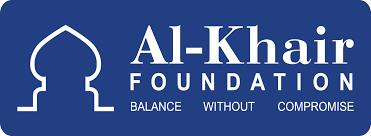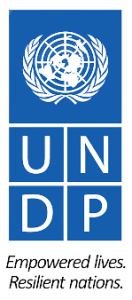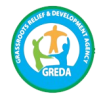About Us
Grassroots Relief and Development Agency [GREDA] is a charitable humanitarian relief and developmental non-profit making, non-political, non-racial and non-sectarian organization founded in 2010 in Western Equatoria State in South Sudan and officially registered with the Ministry of Social Development in Western Equatoria State on September 29th 2011 under the registration number 0075. On February 16th 2015 GREDA was registered with the National Ministry of Justice and Constitutional Development in Republic of South Sudan under the registration number 2385. On March 2nd 2015 the organization was also registered with the Relief and Rehabilitation Commission (RRC) in the Republic of South Sudan under the registration number 299 to operate all over South Sudan as a humanitarian relief and development organization implementing projects on peacebuilding, Education, Agriculture, Health/WASH/Sanitation, Child Protection and Prevention of GBV, Live saving humanitarian relief assistance and environmental conservation targeting the poorest vulnerable Internal Displaced Persons (IDPs), Refugees and Returnees most of whom are widows, single mothers, old aged persons, persons with disabilities, persons living with HIV/AIDs, orphans and Youth. Since the official registration of GREDA in 2011, the organization received generous humanitarian supports and funding from National Endowment for Democracy (NED) USA, United Nations Democracy Fund (UNDEF) New York, Democracy International (DI) USA, Alkhair Foundation UK, Latin American, Asian and African Social Housing Service (SELAVIP) Chile, UNDP South Sudan, WFP South Sudan, Germany Embassy South Sudan and DAI Global/USAID USA to mention few.
Mission of GREDA
- Empowering communities on good governance and human rights to participate in enhancing gender equality, peacebuilding and rule of law among different ethnic groups.
- Promoting inclusive gender and persons with disabilities quality education to eradicate illiteracy and poverty.
- Strengthening local agricultural food production to foster food security and economic wellbeing.
- Improving healthcare services, clean drinking water and sanitation to reduce sicknesses and diseases.
- Raising awareness on climatic change, environmental conservation and management.
- Providing live saving humanitarian relief assistance targeting malnourished poorest vulnerable internal displaced persons (IDPs), refugees and returnees most of whom are women, widows, single mothers, pregnant/lactating mothers, orphans, youth, under aged children, elderly persons, persons with disabilities and persons living with HIV/AIDs in South Sudan.
The overall Goals
- Communities empowered on democratic good practices and human rights and participating in promoting human rights, gender equality, rule of law and peacebuilding for peaceful co-existences.
- Illiteracy reduced through inclusive gender and disabilities quality education for all children
- Local agricultural food production increased and food security resilience strengthened.
- Nutrition, WASH and sanitation improved and common sicknesses such as water borne diseases i.e. malaria and pneumonia, reduced.
- Gender based violences and child abuses such as child labor, child recruitment in armed groups, child marriage reduced.
- Live saving humanitarian relief assistances are reaching to the intended poorest vulnerable groups such as IDPs, refugees, returnees, malnourished women, men, children, widows, and old aged persons, persons with disabilities and persons living with HIV/AIDS.
- Awareness of the communities raised in the dangers of the climatic changes and importance of protecting the environment.
- Town and rural electrification with solar promoted as sources of clean energy to reduce pollution from the uses of generators
Aims and objectives
- To empower communities on democratic good practices, human rights, gender equality, rule of law as the cornerstones for peacebuilding and peaceful co-existences.
- To promote primary, secondary and technical schools through constructions of schools, distribution of school supplies and trainings of the teachers to enhance quality education for the children of the poorest vulnerable people in South Sudan. .
- To offer trainings for the agricultural farmers on modern agricultural food production to produce their own local agricultural food, manage harvest, post-harvest safe storage and marketing chains, to empower agricultural farmers to reduce food losses and waste to improve households’ nutrition and increase income generation to become self-reliant.
- To promote healthcare services, clean drinking water and sanitation to reduce diseases infections especially the water borne diseases.
- To raise awareness of the targeted groups on climatic change and trainings on the environmental protection/conservation and management for the benefit of the present generations and generations to come.
- To provide humanitarian relief assistance such as the food and non-food items to save lives of the poorest vulnerable internal displaced persons (IDPs), refugees and returnees, including the students in schools and sick persons in hospitals to reduce starvation, malnutrition, hunger and to restore their hopes to begin new lives through reintegration, rehabilitation and resettlement in their communities.
- To provide micro-finance as revolving loans to enable the marginalized vulnerable poorest people (IDPs, refugees and returnees most of whom are widows, single mothers, pregnant/lactating mothers, old age persons, persons with disabilities and persons living with HIV/AIDS to access small loans to enable them carryout income generating activities to empower them to feed themselves, pay school fees of their children and to pay their healthcare bills to become self-reliant to enable them to participate effectively in deciding their destiny especially decisions that empower them to be faithful in choosing their leaders and representatives in community organizations and government through unbiased democratic processes.
- To construct low cost houses for the widows/orphans, single mothers, old aged persons, persons with disabilities and persons living with HIV/AIDs.
Management
GREDA is managed by qualified long experienced graduates of Economics, Business Administrations, Education, Agriculture, Law, Peace and Development Professionals. It is important to mention that the majority of the Directors had experience of more than 15 years working in the management of Humanitarian and Development Agencies both with the National and International NGOs in Former Sudan and in South Sudan respectively.
- Gender GREDA constitution stipulated equal opportunities for both men and female. The membership in GREDA is through the voluntary membership registration and qualification of individual members.
Organizational structure
- General Assembly.
- Board of trustee.
- Executive board
Management structure
Board of trustee comprises the founder members (organization’s vision inventors)
- Executive Board elected by the general assembly to run day-to-day functions of the organization.
- Employees appointed by the Executive Board on full time implementing projects under the directives of the Executive Board.
- Part-time- workers are recruited and assigned by the Executive Board.
Management policy documents:
The management policy documents are the documents regulating and guiding the operations of the organization internally and externally and they are:-
- Constitution and byelaw of the organization.
- Human Resources and employment policy.
- Financial and auditing policy.
- Procurement policy.
- Organization code of conduct policy.
- Protection sexual exploitation and abuse (PSEA) policy
- Strategic plan
Our Partners
